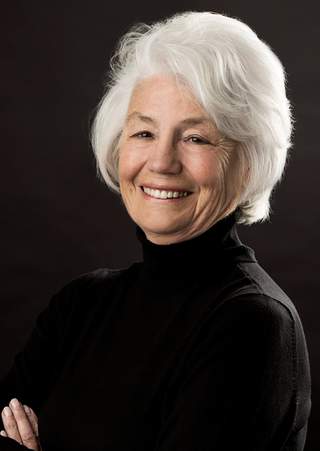Canberra Times
By Lesley Russell
Last week, the United States Census Bureau released its Current Population Survey, documenting the economic wellbeing and access to health insurance of American families. The new data reveal that a shocking number of people living in the world's richest country are living in poverty (an annual income of less than $US22,000 ($A23,250) for a family of four).
As the recession has hit hard and the social welfare safety nets have eroded, the number of American poor has soared to the highest level in 50 years. In 2009, nearly 44million Americans, including 15.5million children, were living in poverty that's one-in-seven Americans and one-in-five children. The burden is borne disproportionately by minorities, especially women; one quarter of all blacks and Hispanics are poor.
In 2009 alone, four million Americans fell into poverty. The situation might have been much worse, if there had not been a number of progressive policies put in place by the Obama Administration and the Democratic Congress in the face of enormous opposition from Republican politicians and conservative commentators.
These include the American Recovery and Reinvestment Act, which the Congressional Budget Office estimates has saved or created up to 3.3million jobs, and the expansion of tax credits, additional food stamp assistance and emergency unemployment compensation which together have kept more than 6million Americans out of poverty. In addition, Social Security benefits helped keep
13million elderly Americans from falling below the poverty line. The implications of these shocking figures are substantial. For example, more than 50million Americans are now without any form of health insurance and some 2.5million people are homeless. Up-to-date Australian statistics on poverty are hard to find. Although the US publishes annual data on poverty, there is no official measurement in Australia.
Estimates are made from time to time by some researchers who study social policy issues. There are a number of ways that poverty can be measured; in Australia this is generally done by applying the updated indicators established by the Henderson poverty inquiry in 1973. This is now equivalent to an annual income, including housing, of $39,213 for a family of four.
It is tempting to speculate that following the failure of any government to address the 1987 election commitment made by Bob Hawke that by 1990 no Australian child will be living in poverty bureaucratic decisions were made to ensure that the full scope of the problem would not be recognised. The Australian Council of Social Services estimated that about 2.2million people, or 11per cent of Australians, were living in poverty in 2006, a figure that had increased substantially over the previous decade, up from 7.6 per cent in 1994.
At the time Hawke made his infamous promise, the number of Australian children living in poverty was estimated at 580,000 today it could be 50per cent higher. A 2007 OECD (Organisation for Economic Cooperation and Development) report card which looked at the percentage of children growing up in relative poverty defined as living in a household where the equivalent income is less than 50per cent of the national median for 24 OECD countries had Australia ranked 11th.
It is impossible to compare the American and Australian poverty levels, neither of which takes location into account, despite the substantial impact of geography on the cost of living. But it is also impossible to ignore the increasing financial inequality in both countries, and the failure of all political parties to shift tackling poverty and its ramifications to the centre of the political and policy debate. Indeed, at least in Australia, the biggest policy arguments seem to be around the accuracy of the estimates of poverty rather than what can be done to address them.
Regardless of how poverty is measured despite the resilience of the Australian economy and a buoyant employment market the fact remains that many Australians do not have enough income to cover the necessities of life such as food, secure housing, education and health care. That inevitably means that they do not get to share in the most iconic Australian value a fair go.
Dr Lesley Russell is a Senior Fellow at the Center for American Progress in Washington DC. She is a research associate at both the Menzies Centre for Health Policy and the US Studies Centre at the University of Sydney.





